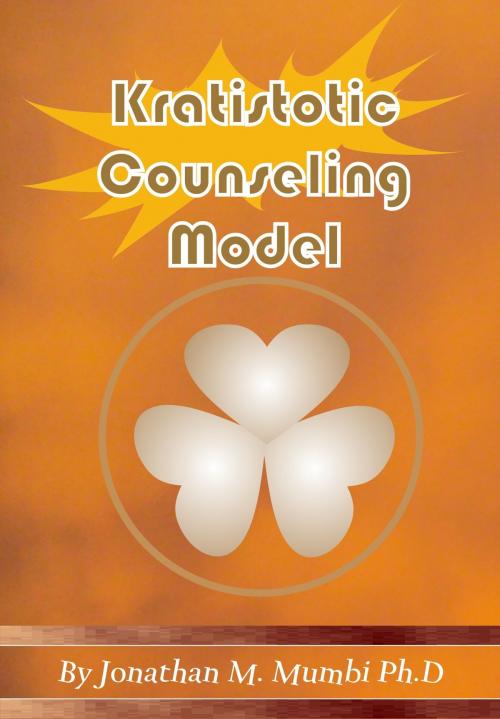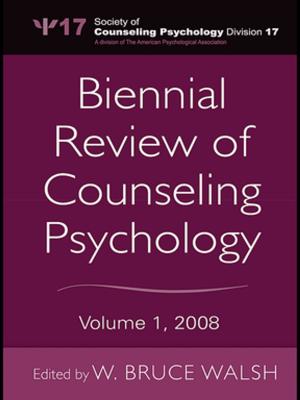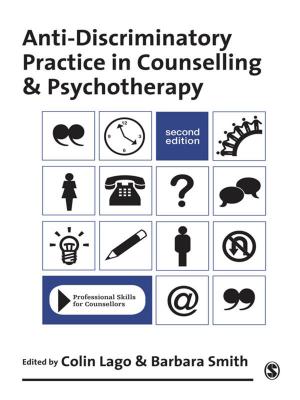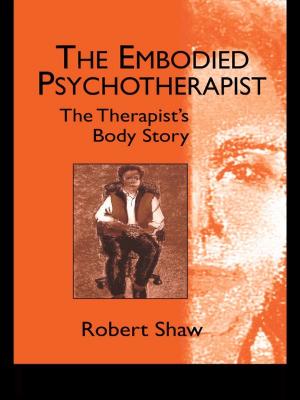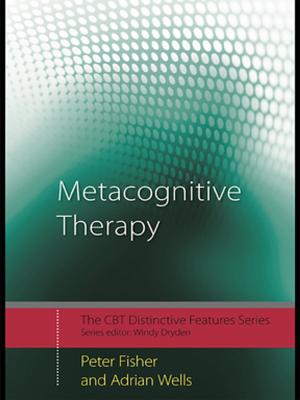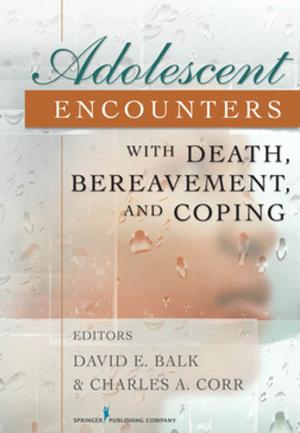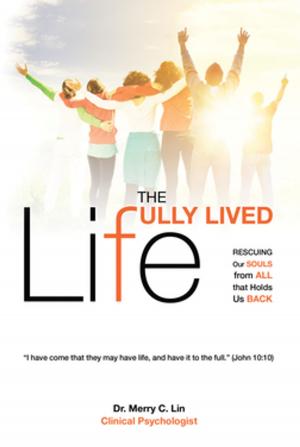| Author: | Jonathan Mubanga Mumbi | ISBN: | 9781370481484 |
| Publisher: | Jonathan Mubanga Mumbi | Publication: | February 7, 2017 |
| Imprint: | Smashwords Edition | Language: | English |
| Author: | Jonathan Mubanga Mumbi |
| ISBN: | 9781370481484 |
| Publisher: | Jonathan Mubanga Mumbi |
| Publication: | February 7, 2017 |
| Imprint: | Smashwords Edition |
| Language: | English |
This small book introduces a counseling model that is based on empowerment. The basic presupposition is that lack or loss of dignity, power, and prestige are at the root of the pains that drive the human psyche to seek out relief from the attendant shame. In small doses jealousy and envy is a manifestation of shame looking outwards. On the other hand, guilt is a manifestation of shame looking inwards and God-wards. We know we are not who we were created to be.
Kratistotic Christian counseling is a model aimed at shame-reduction and power/dignity/prestige augmentation. The quest for more power whether it be spiritual, social, intellectual, sexual, or financial is almost universal because every human being tends towards seeking to wield some form of power over self, something or someone. For a long time some Christian counselors have taken their lead from Psychiatrists and Psychologists who see humans as products of Darwinian natural selection. In that model, there is no room for shame because we are the best we have ever been (given the mechanisms of natural selection and evolution). Christian counseling sees humanity as declining from the original perfection Adam and Eve were created with.
Kratistotic counseling takes into account the fact that humans are made in the image of the Supreme God; time and space have beginnings and ends; the universe as we know it is an open system; and that God, angels, and demons do exist. Kratistotic counselors recognize that God has set eternity in the hearts of their clients and therefore, solving present problems is an important starting point towards helping them along the way of excellence in life. Kratistotic counseling is not a completely new concept. There are many other Christ-centered counseling frameworks in use today; however, the integrative approach is new. It is a model free from professional envy and protectionism for the greater good of empowering God's people to recover their "dominion mandate." Every man and woman should be able to rule over (reclaim and retain authority/control) their own lives and get back into the co-driver's seat and direct their lives under God's guidance. Kratistotic empowerment is thus whole-person empowerment and this requires the counselor to recognize the value of the contributions of other care-providers.
This small book introduces a counseling model that is based on empowerment. The basic presupposition is that lack or loss of dignity, power, and prestige are at the root of the pains that drive the human psyche to seek out relief from the attendant shame. In small doses jealousy and envy is a manifestation of shame looking outwards. On the other hand, guilt is a manifestation of shame looking inwards and God-wards. We know we are not who we were created to be.
Kratistotic Christian counseling is a model aimed at shame-reduction and power/dignity/prestige augmentation. The quest for more power whether it be spiritual, social, intellectual, sexual, or financial is almost universal because every human being tends towards seeking to wield some form of power over self, something or someone. For a long time some Christian counselors have taken their lead from Psychiatrists and Psychologists who see humans as products of Darwinian natural selection. In that model, there is no room for shame because we are the best we have ever been (given the mechanisms of natural selection and evolution). Christian counseling sees humanity as declining from the original perfection Adam and Eve were created with.
Kratistotic counseling takes into account the fact that humans are made in the image of the Supreme God; time and space have beginnings and ends; the universe as we know it is an open system; and that God, angels, and demons do exist. Kratistotic counselors recognize that God has set eternity in the hearts of their clients and therefore, solving present problems is an important starting point towards helping them along the way of excellence in life. Kratistotic counseling is not a completely new concept. There are many other Christ-centered counseling frameworks in use today; however, the integrative approach is new. It is a model free from professional envy and protectionism for the greater good of empowering God's people to recover their "dominion mandate." Every man and woman should be able to rule over (reclaim and retain authority/control) their own lives and get back into the co-driver's seat and direct their lives under God's guidance. Kratistotic empowerment is thus whole-person empowerment and this requires the counselor to recognize the value of the contributions of other care-providers.
